Politics

Brian Knight
Assistant Professor of Economics
Knight’s research and teaching focuses on the intersection of public economics and political economy. He uses econometrics and theoretical models to analyze political processes. One of his recent papers measured the influence of early primaries and caucuses on the electoral process. He found that states like Iowa and New Hampshire may have a disproportionate influence on who gets elected. Another recent paper investigated the effect of newspaper endorsements on voter decision making.
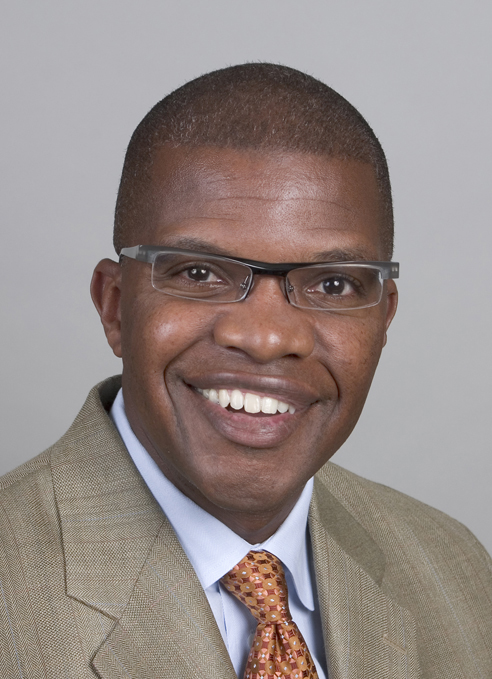
Marion Orr
The Fred Lippitt Professor of Public Policy, Political Science and Urban Studies
Director, Taubman Center for Public Policy and American Institutions
Orr’s research is in the areas of American government and politics, urban politics, race and politics, community organizing, urban public policy, and the politics of urban schools. Orr conducts regular polls of Rhode Island voters, tracks voter attitudes on issues and the economy, measures voter approval of the performance of elected officials, and will have specific expertise on state issues and races.

Wendy Schiller
Associate Professor of Political Science and Public Policy
Schiller is an expert on the U.S. Congress and political representation. She has published work on the U.S. Senate, and the U.S. House, and recently co-authored an American politics textbook titled Gateways to Democracy. Schiller is a frequent guest and contributor to MSNBC, Bloomberg Radio and TV, National Public Radio, and Reuters.
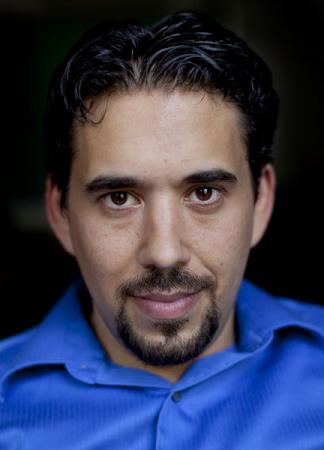
Michael Tesler
Assistant Professor of Political Science
Tesler’s research interests include public opinion, voting behavior, political psychology, and racial politics. Tesler is co-author of Obama’s Race: The 2008 Election and the Dream of a Post-Racial America (University of Chicago Press; 2010), which argues that the 2008 election was more polarized by racial attitudes than any other presidential election on record. He was also the principal investigator on two related projects funded by the National Science Foundation dealing with the “spillover of racialization” — how racial attitudes have become infused in Obama’s policy choices.
Political psychology and language
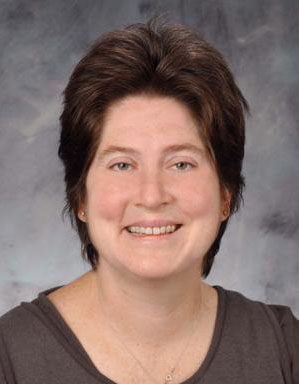
Rose McDermott
Professor of Political Science
McDermott is an expert in international relations who works on political psychology in general and the genetic bases of political preferences and behaviors in particular. She is the author of three books, a co-editor of two additional volumes, and author of more than 90 academic articles across a wide variety of academic disciplines encompassing topics such as experimentation, identity, emotion, intelligence, decision making, and the biological and genetic bases of political behavior.
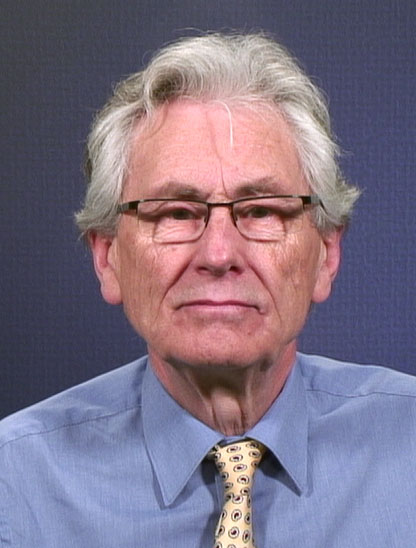
Geoffrey Pullum
Gerard Visiting Professor of Cognitive, Linguistic, and Psychological Sciences
Pullum is a linguist who studies grammar and frequently applies his insight to the public sphere, for instance in regular commentaries on the blogs Language Log and Lingua Franca. In a recent interview he described the phenomenon he calls “Grammar Gotcha” in which the campaigns and misguided media pundits have assailed the candidates and their supporters, often undeservedly, for their words. There have also been some famous exceptions during the 2012 campaign where gaffes have been genuinely meaningful.
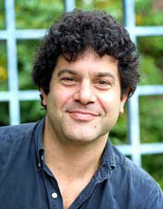
Steven Sloman
Professor of Cognitive, Linguistic, and Psychological Sciences
Sloman is an experimental psychologist who studies consumer behavior and reasoning. In recent work he and colleagues have examined a phenomenon called the “illusion of explanatory depth,” in which people typically have more confident than they should about their understanding of how something works. In a recent op-ed in The New York Times, Sloman explained how people become less partisan about policy ideas when they are forced to explain how the policies actually work. The exercise shattered their illusion, reducing ideological zeal. He has also shown how people respond to evidence in rhetoric. He found that weak evidence supporting a point actually undermines belief in that point.
Demographics and culture
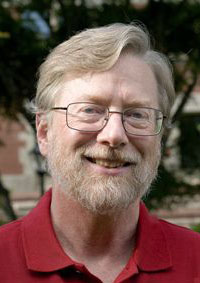
John Logan
Professor of Sociology
Director of Spatial Structures in the Social Sciences
Logan is an urban sociologist who makes much use of spatial concepts in studies of residential patterns in U.S. cities. He directs the US2010: America after the First Decade of the New Century, a project which analyzes the key trends in American society based on census data. Logan’s research includes a study of voter turnout by race and Hispanic origin, and immigrant generation. He has also studied the “suppressive effects” of voter identification requirements.
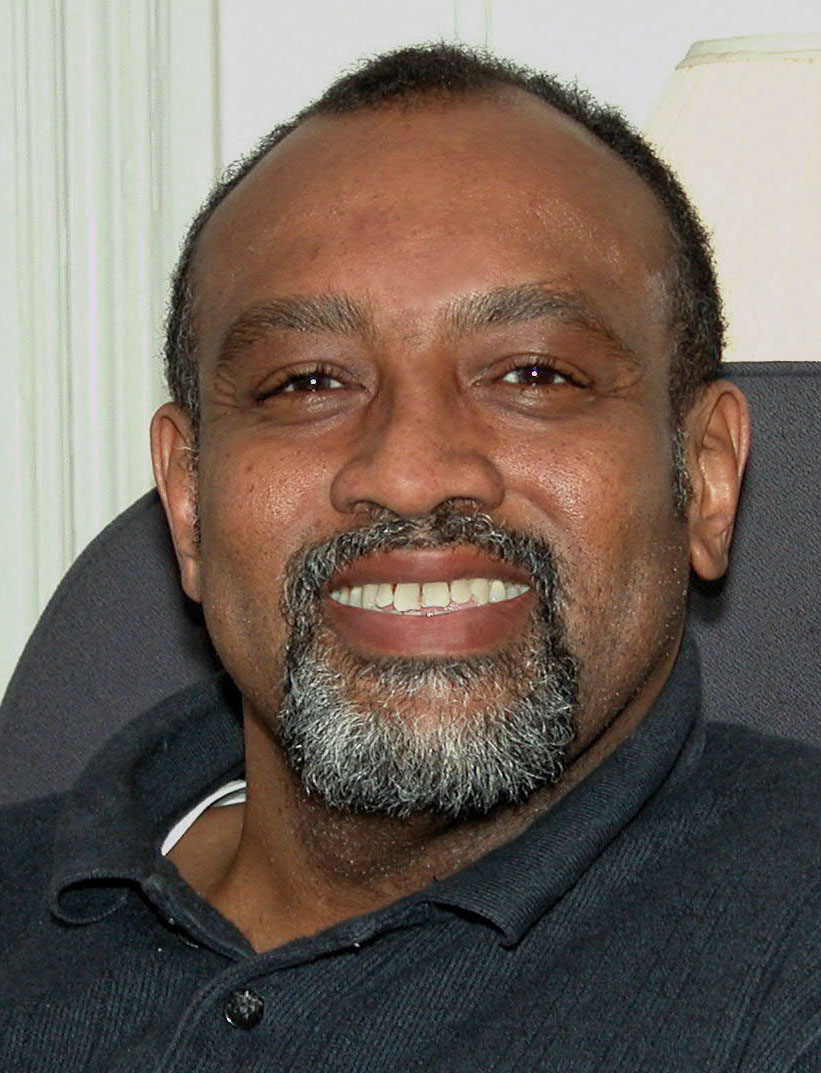
Glenn Loury
Professor of Economics
Loury’s research focuses on racial inequality and affirmative action. His work in economics has contributed to a variety of areas in applied microeconomic theory: welfare economics, game theory, industrial organization, natural resource economics, and the economics of income distribution. In addition to this scholarly work, Loury is also a prominent social critic who has written more than 200 essays and reviews on racial inequality and social policy that have appeared in dozens of influential journals of public affairs in the U.S. and abroad. He is also a frequent commentator on national radio and television.
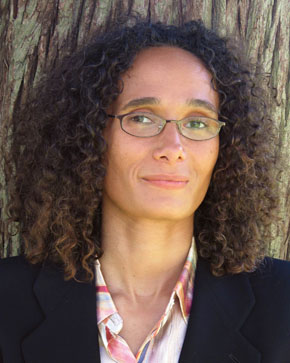
Tricia Rose
Professor of Africana Studies
Rose’s work focuses on race and gender in American cultural politics. A frequent public speaker and media commentator, Rose is available to discuss a wide range of issues relating to the politics of race in America, inequality, the role of media, popular culture, hip hop, gender, and sexuality. Rose has been featured on MSNBC, CNN, NPR, Current TV, and other national and local media outlets.
Health and science policy
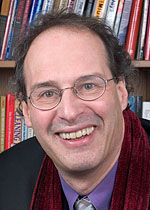
James Morone
Professor of Political Science and Urban Studies
Morone has commented extensively on the history of health care policy, offering both historical and current perspectives on health care reform. He has authored more than 130 articles and essays including regular contributions to The American Prospect and The London Review of Books and occasional op-eds in the New York Times.
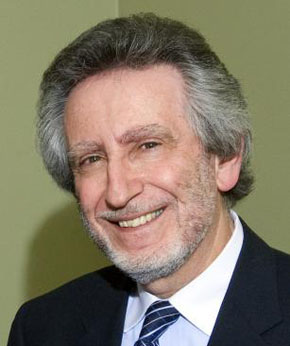
Eli Adashi
Professor of Obstetrics and Gynecology
A former dean of medicine and biology at Brown, Adashi frequently interviews leading health care policymakers for Medscape Medical News, including Cabinet members. Last month in the New England Journal of Medicine he co-authored a commentary addressing the question of what health care policy might look like under a potential Mitt Romney administration: “A review of Romney’s campaign website, public addresses, debates, interviews, and other statements reveals five essential elements of his health policy intentions.” Adashi has also commented on stem cell research policy and the Supreme Court’s decision last summer to largely uphold the Affordable Care Act.
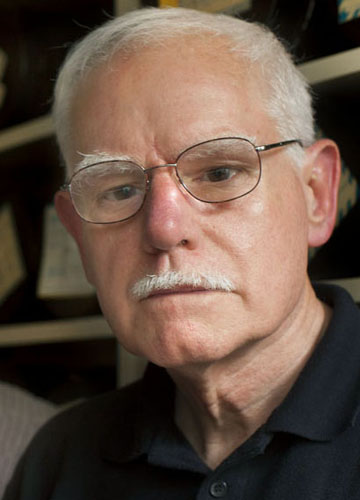
James W. Head III
Professor of Geological Sciences
Missions to explore the solar system require years of planning and support—usually much more than four or eight years’ worth. James Head, a planetary geologist whose work with NASA spans more than 40 years beginning with the Apollo program, understands the challenges NASA faces in maintaining long-term goals in the face of changing executive and legislative priorities.
